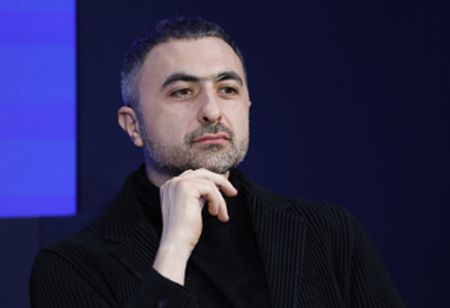
Mustafa Suleyman Showers Praises on Growing Indian AI Market


During his inaugural visit to India’ Mustafa Suleyman, Microsoft CEO of AI, shared his transformative vision for artificial intelligence, emphasizing a shift towards emotionally intelligent, people-first AI solutions.
Suleyman, known for co-founding DeepMind, outlined a bold roadmap that places personal well-being and user-centric design at the core of AI development. His approach aims to reshape digital interactions, promoting an AI ecosystem that feels less like a tool and more like a compassionate companion.
Highlighting the overwhelming amount of digital noise people face daily from constant notifications to endless choices Suleyman pointed out how these stimuli often lead to stress and decision fatigue. His vision for AI includes creating ‘ companions’ that are responsive to user’s individual needs and communication styles, ultimately providing a ‘ quieter, softer, and calming’ digital experience.
He envisions an AI that actively learns each user’s preferences, adapting its responses to support personal and professional goals while simplifying information to reduce cognitive load.In his presentation, Suleyman emphasized that intelligence underpins human progress-from product innovation to societal structures, AI, he asserted, should now evolve from simply enhancing efficiency and productivity toward supporting individual well-being. He believes that this shift will make AI more beneficial and accessible, tailoring experiences to individual users rather than a one-size-fits-all model.The conversational interface Suleyman advocates marks a further departure from static apps and websites.
In this new AI users can engage in natural language interactions, making AI feel more like a companion than a machine.
He described this shift as essential to human-centred AI, noting that Microsoft is already developing prototypes of such ‘ companion AI’ technologies.While Suleyman acknowledges that achieving this vision is a journey still in its early stages, he remains optimistic. His goal is not just to push the boundaries of AI innovation but to create tools are profoundly supportive, ultimately enhancing user’s sense of control and well-being in an increasingly complex digital world.